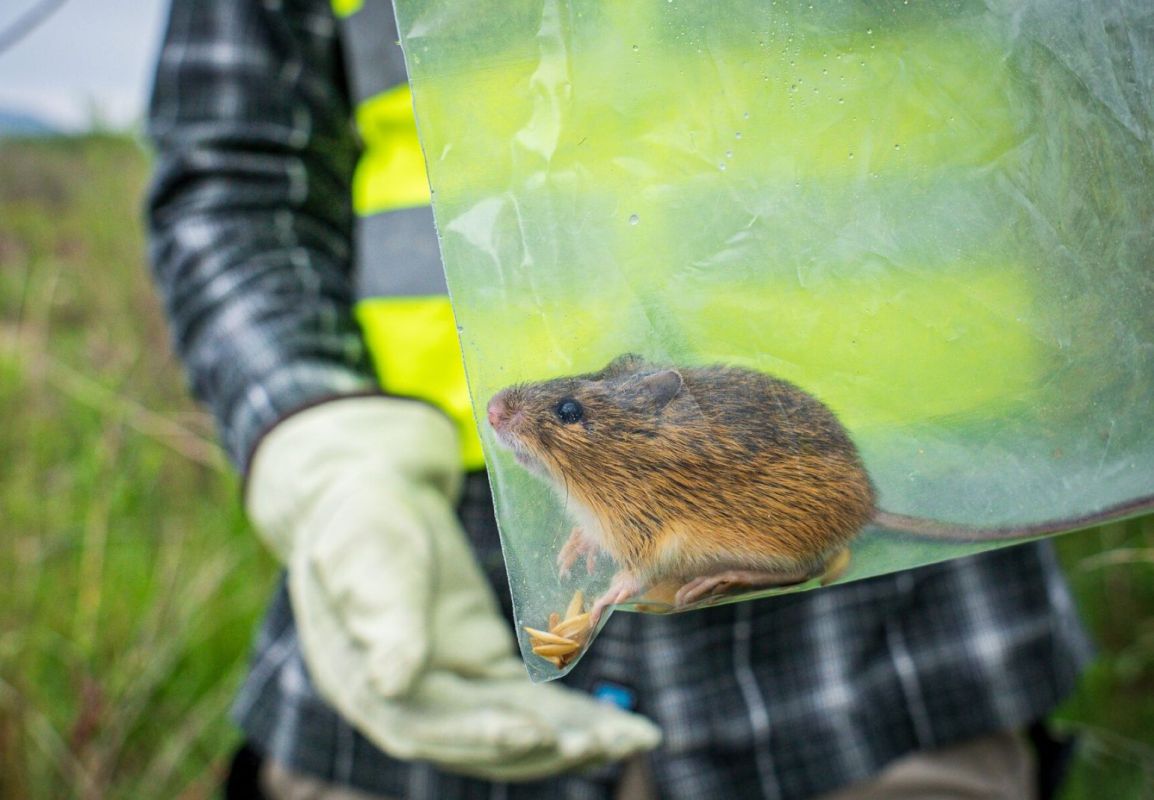The United States Fish and Wildlife Service is using a super cool method to help preserve endangered species.
Inside Climate News reported that the government body partnered with nonprofit Revive & Restore and other environmental bodies to create a "genetic library" of some of the nation's most at-risk wildlife.
Using a process known as "biobanking," blood, tissue, and reproductive cell samples from a number of creatures are being preserved using cryogenic technology, storing the genetic material at temperatures of at least minus-256 degrees Fahrenheit.
Exciting news 📣 We're launching a new partnership with the @USFWS to biobank U.S. threatened & endangered species. The new program will protect the genetic diversity of America's wildlife and enhance management strategies today and in the future.
— Revive & Restore (@Revive_Restore) October 3, 2023
Here's what you need to know: pic.twitter.com/VmLFaNRMRW
It is hoped that the information from these samples can be studied and used to improve conservation efforts, such as rebuilding populations through breeding programs. Meanwhile, Inside Climate News said that experts believe it could also be used for cloning in the future.
In the initial phase of the process, data from 24 endangered mammals is being collected, with the Mexican wolf, Florida bonneted bat, and Sonoran pronghorn among the first five animals that have had samples taken.
Seth Willey, deputy assistant regional director of ecological services for the Fish and Wildlife Service's Southwest region, told Inside Climate News that the challenges that wildlife faces in the 21st century require modern conservation methods.
"Biobanking is one such tool that allows us to preserve some of the biodiversity that exists today and ensure it isn't lost forever," he told the publication.
The Inside Climate News report came just before a press release from the USFWS that said 21 species have been delisted from the Endangered Species Act because of extinction.
Among them were 10 species of bird — including the Bachman's warbler and the large Kauai thrush — two species of fish, eight species of mussel, and the little Mariana fruit bat, the only mammal.
It just goes to show that the need to collect and store data from at-risk animals is crucial to understanding the environmental effects on their population and improving conservation and possible restoration efforts.
Human-caused pollution that leads to global heating is one of the key threats to animal survival, with decreasing food supplies and habitat loss among the main concerns.
According to the World Economic Forum, citing data from a study published in the Nature Communications journal, the impact of these issues could result in the loss of 23% of the Earth's natural habitats by 2100.
The USFWS' latest initiative could provide a lifeline to the endangered species most affected by the rapidly changing ecosystem.
Join our free newsletter for weekly updates on the coolest innovations improving our lives and saving our planet.









